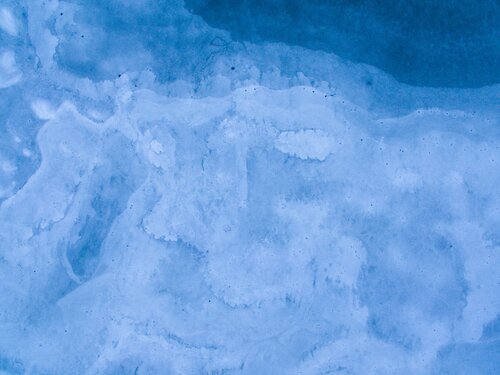
Echocardiography
Echocardiography, commonly referred to as an “echo”, is a type of ultrasound used to capture moving images of the heart and its valves. Like a standard ultrasound, images are taken using a series of harmless high frequency inaudible sound waves.
+ Overview
Echo’s are a safe, non-invasive procedure and are the most commonly used cardiac diagnostic test. Like standard ultrasounds, echo’s do not use any radiation, but instead operate by transmitting and consolidating sound waves through a hand held probe. Marina employs sophisticated imaging systems to produce high quality images cardiac monitoring and diagnoses.
+ Preparation
When attending your appointment, please bring your referral from your medical practitioner, Medicare card and any other relevant health care cards. Please also bring any previous scans or reports relating to the region being scanned, if they were not undertaken at Marina. To allow adequate time to conduct the procedure, please ensure you arrive on time for your scheduled appointment.
+ The Scan
To assist with conduction of the ultrasound waves, ultrasound gel will be applied to your chest. A hand held probe, which transmits, receives and consolidates the ultrasound waves, will then be moved over this area. During the recording, you may be asked to hold your breath, change position, or your sonographer may press the transducer more firmly against your skin. This is to help obtain the best images possible, however if it becomes uncomfortable, please let the sonographer know. Typically the scan takes approximately 15 to 30 minutes in duration.
+ Results
Your referring practitioner will receive a copy of your report to discuss with you.
Following your procedure, Marina strongly advises you schedule an appointment with your referring practitioner to review and discuss the findings of your scans.
FAQ’S
+ Why does my doctor want me to have an echo?
Echocardiography provides a real-time view of the heart and its functioning. It is therefore highly useful in evaluating such health conditions as:
Congenital heart disease
Heart abnormalities
Heart murmurs
Heart failure
Damage caused by heart attacks
Blood clot source following a stroke
Hypertension
Oedema
+ Can I drive after the scan?
Yes, and all normal activities can also be resumed as per usual following your scan.
+ Is an echo painful?
You will not experience any pain during your echo. Ultrasounds operate purely by the transmission and collection of inaudible sound waves and thus are radiation free.
+ Will the sonographer inform me if they find a problem?
You will receive all the results of your scan from your referring practitioner. The responsibility of the sonographer is to perform and produce high quality images for the radiologist to interpret.
